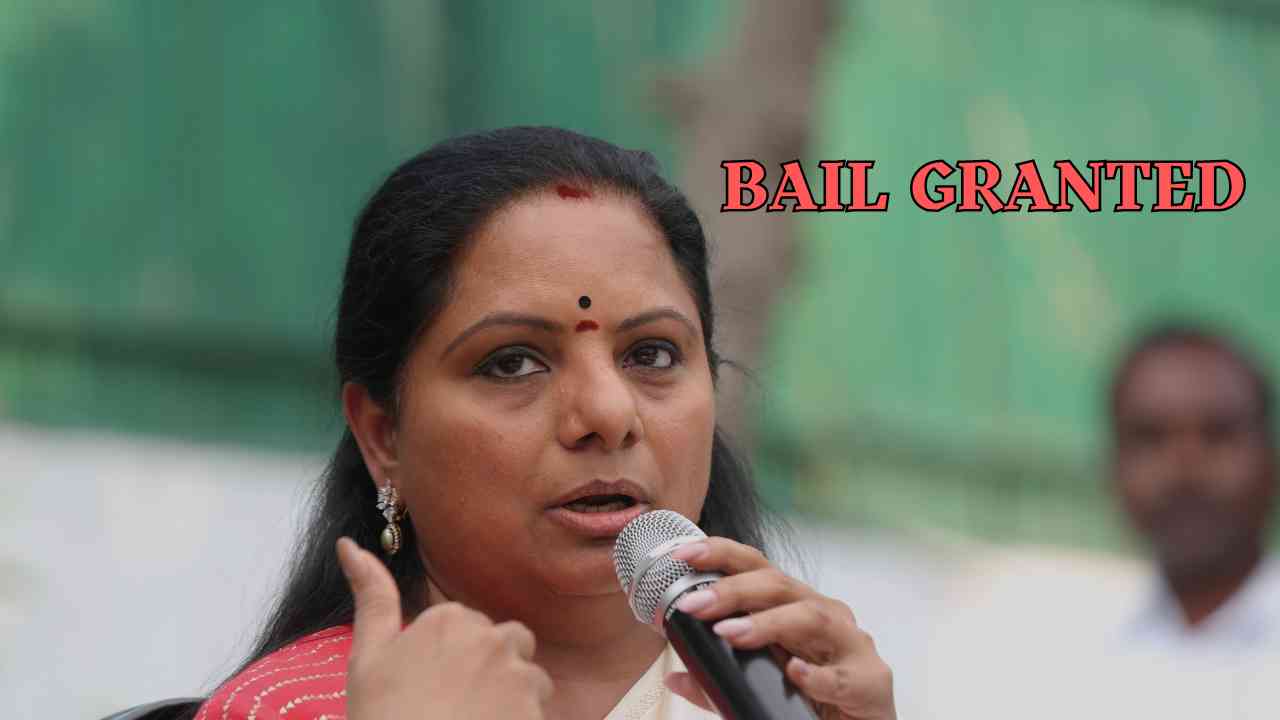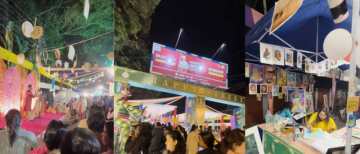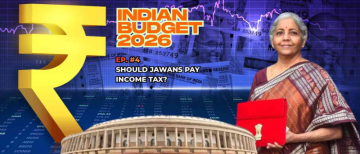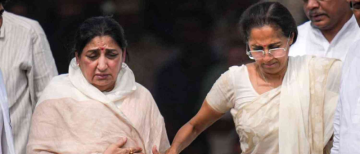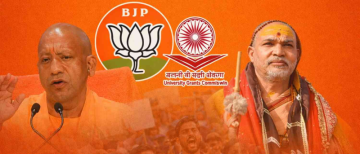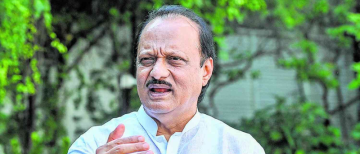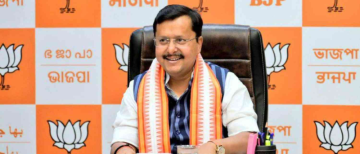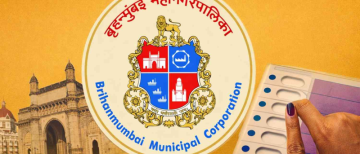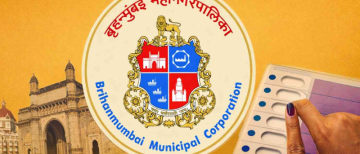On August 27, 2024, the Supreme Court of India granted bail to Bharat Rashtra Samithi (BRS) leader K Kavitha in connection with money laundering and corruption cases related to the alleged Delhi liquor policy scam. The decision, rendered by a bench comprising Justices BR Gavai and KV Viswanathan, has drawn significant attention due to the critical remarks made by the bench regarding the prosecution's approach in the case.
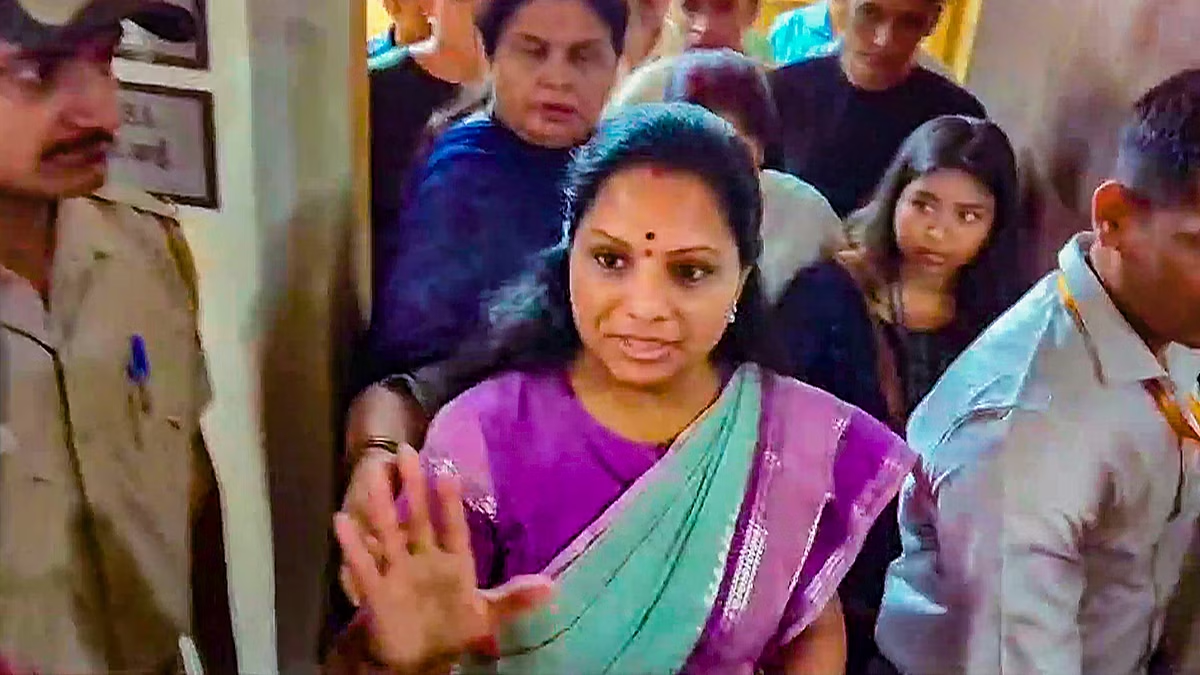
Judicial Critique on the Fairness of the Prosecution
During the hearing, the bench raised serious concerns about the fairness and impartiality of the prosecution agencies, namely the Central Bureau of Investigation (CBI) and the Enforcement Directorate (ED). Justice Gavai questioned the selective treatment of certain accused individuals, some of whom were turned into approvers, thereby compromising the integrity of the prosecution process.
-
Questioning Prosecution Tactics: Justice Gavai expressed skepticism over the prosecution's decision to make witnesses out of individuals who had incriminated themselves. He criticized the arbitrary nature of picking and choosing accused persons, calling it an unfair and unreasonable exercise of discretion.
Prosecution has to be fair. A person who incriminates himself has been made a witness! Tomorrow you pick up anyone as you please? You cannot pick and choose any accused. What is this fairness? Very fair and reasonable discretion!!" Justice Gavai observed during the hearing.
-
Warning to Prosecution: The bench warned the Additional Solicitor General (ASG) of India, SV Raju, that if he continued to oppose the bail on merits without substantial grounds, the Court would formally record its observations on the prosecution's questionable tactics.
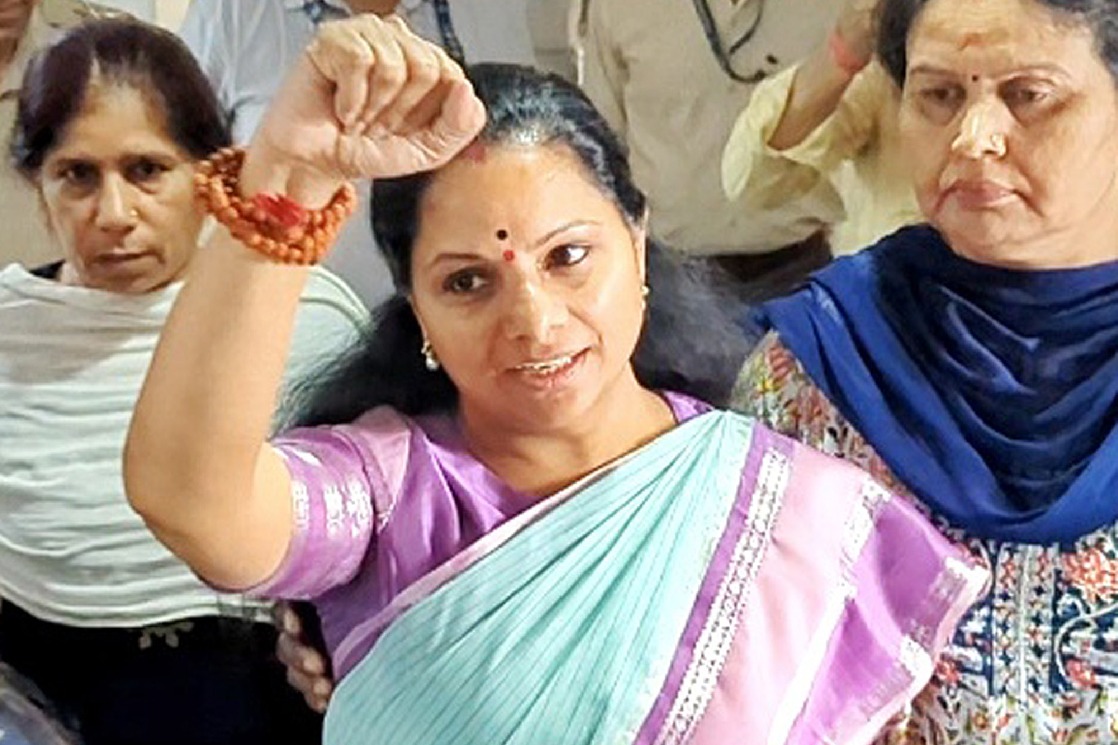
Key Observations in the Court's Order
In the order granting bail, the Supreme Court highlighted several key points that contributed to its decision:
-
Completion of Investigation: The bench noted that the investigation had been completed, and charge sheets had been filed in both the CBI and ED cases. Consequently, further custodial interrogation of Kavitha, who had already been in custody for over five months, was deemed unnecessary.
-
Lengthy Trial Process: The Court acknowledged that the trials in both cases were unlikely to be concluded anytime soon, given the enormity of the evidence involved. With 493 witnesses to be examined and nearly 50,000 pages of documentary evidence, the trial process was expected to be prolonged.
-
Undertrial Custody Should Not Be Punitive: The bench reiterated the principle established in the Manish Sisodia judgment, emphasizing that undertrial custody should not be used as a form of punishment.
-
Special Consideration for Women in Bail Matters: The Court also addressed the proviso to Section 45(1) of the Prevention of Money Laundering Act (PMLA), which entitles women to special consideration in bail matters. The Supreme Court criticized the Delhi High Court's earlier observation that this proviso does not apply to women of high status.
"This Court puts a caution that the Courts while deciding such matters should exercise discretion judicially. The Court does not say that merely because a woman is well-education or sophisticated or a Member of Parliament or Member of the Legislative Council is not entitled to the benefit of proviso to Section 45 of the PMLA Act. We find that the learned single bench totally misdirected itself.," the Court observed in the order.
-
Judicial Discretion in Bail Matters: The bench stressed that courts must exercise judicial discretion when deciding on bail applications, regardless of the accused's social or professional status. The Supreme Court found that the single bench of the High Court had misdirected itself in this regard.
-
Bail Conditions: The Court allowed Kavitha's release on bail, subject to the furnishing of bonds worth Rs 10 lakhs each in both cases. Additionally, the Court directed that Kavitha deposit her passport and refrain from attempting to influence or intimidate the sureties.
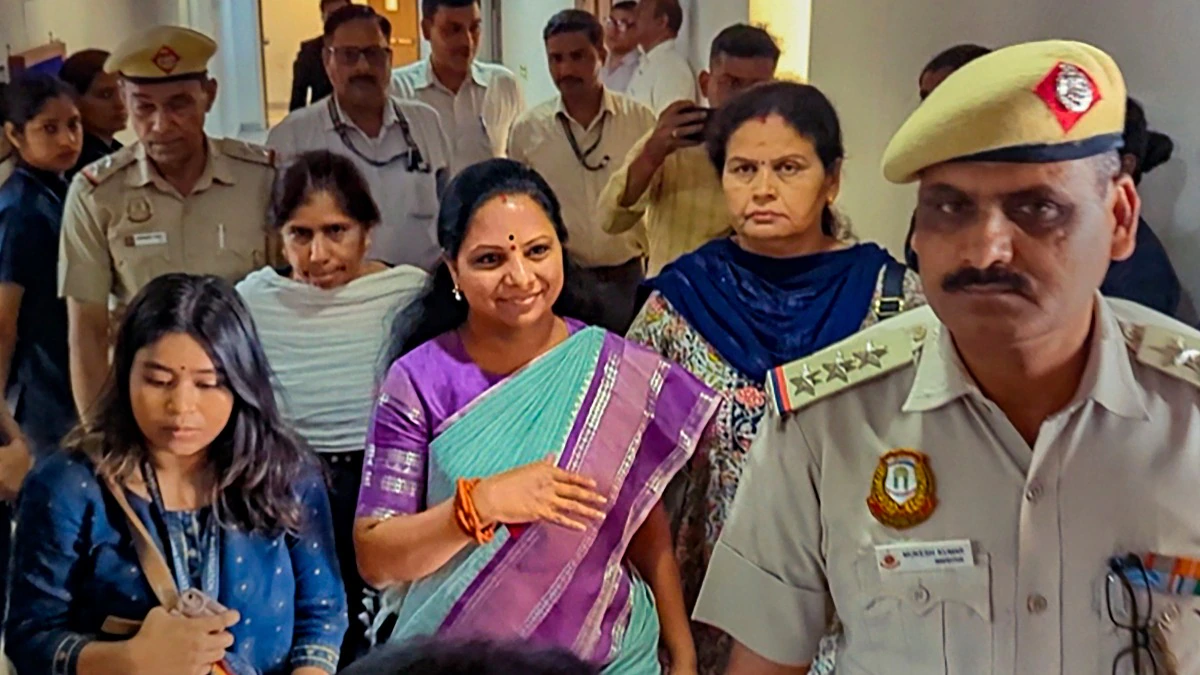
Defense's Arguments and Court's Response
Kavitha was arrested by the ED on March 15, 2024, and has been in custody since then. The CBI subsequently arrested her while she was in judicial custody in the ED case. Her legal team, led by Senior Advocate Mukul Rohatgi, argued that Kavitha's continued detention was unjustified, given the completion of the investigation and the unlikelihood of the trial concluding soon.
Senior Advocate Mukul Rohatgi, representing Kavitha, made several compelling arguments for her bail:
-
Comparison with Co-accused: Rohatgi pointed out that co-accused Manish Sisodia had been granted bail and argued that the same consideration should be extended to Kavitha. He emphasized that chargesheets and prosecution complaints had been filed, and that Kavitha had already spent five months in custody for the ED case and four months for the CBI case.
-
Lengthy Trial Anticipated: He emphasized that the totality of the evidence, including 50,000 pages of documents and 493 witnesses, made it improbable for the trial to be completed in the near future, thereby justifying bail.
-
Questioning High Court's Reasoning: Rohatgi challenged the Delhi High Court's reasoning that Kavitha was not a "vulnerable woman" and, therefore, not entitled to the benefit of the proviso to Section 45 of the PMLA. He argued that the normal practice is to grant bail to women, irrespective of their social status.
-
No Recovery from Kavitha: Rohatgi asserted that no incriminating material had been recovered from Kavitha and dismissed the allegations that she had threatened a witness.
-
No Risk of Fleeing: Rohatgi argued that as an ex-MP and a current Member of the Legislative Council, Kavitha posed no risk of fleeing from justice.
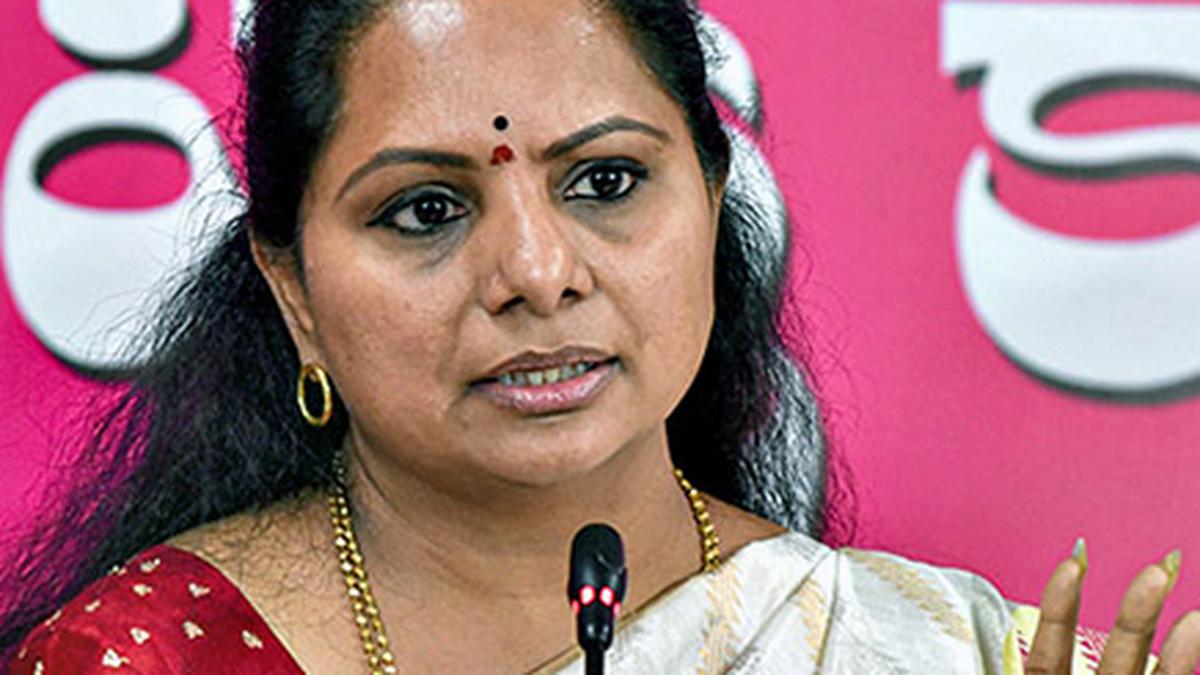
Allegations of Evidence Tampering and the Court's View
The ASG argued that Kavitha had tampered with evidence by formatting her mobile phone to erase all call records and other data. However, Justice Viswanathan countered this argument by noting that it is normal for individuals to delete personal data from their phones.
-
Normal Human Conduct: The Court observed that deleting messages or formatting phones is common behavior and questioned whether this act alone could lead to any inference of criminality.
Justice Viswanathan said, "Phone is such a private thing, would anyone share the details with anyone? People delete messages. I have the habit of deleting group messages. These school and college groups post many messages. Let us see the normal human conduct. Any one in this room would do.."
"You are arguing from the reverse. What is the material to show she is involved in the crime?" Justice Gavai asked the ASG.
-
Prosecution's Evidence: The ASG contended that Call Detail Records (CDRs) showed Kavitha's interactions with other accused individuals and that corroborating evidence from other phones indicated an attempt to conceal information. However, the bench was not convinced that this evidence was sufficient to implicate Kavitha.
"You have any independent data to show that there was any incriminating evidence? Otherwise this would only show that the cellphone was formatted," Justice Viswanathan asked.
"There are other evidence from other phones which corroborate that she has done this (formatting) to conceal," ASG said.
-
Supreme Court's Stance on Prosecution's Approach: The Supreme Court was critical of the prosecution's approach in treating some of the accused as approvers while selectively targeting others. The bench emphasized the need for fairness in the prosecution process and warned against arbitrary and biased practices.
"You say Kejriwal is the kingpin, say Sisodia is the kingpin, then I am the kingpin!" Rohathi said.
"There is no other evidence apart from these tainted statements of the approvers," he asserted. "Approvers' statements also need corroboration," Justice Viswanathan said.
-
Need for Corroboration: The Court reiterated that the statements of approvers, who had turned state's witnesses, required independent corroboration to be credible.
"Prosecution has to be fair. A person who incriminates himself has been made a witness! Tomorrow you pick up anyone as you please? You cannot pick and choose any accused. What is this fairness? Very fair and reasonable discretion!!"
Kavitha's bail in the Delhi liquor policy scam case marks a significant moment in the ongoing legal battle surrounding the case. The Supreme Court's observations on the fairness of the prosecution process and the application of judicial discretion in bail matters highlight the broader issues at play in high-profile corruption cases. As the trial process continues, the case remains a focal point of legal and public scrutiny.
With inputs from agencies
Image Source: Multiple agencies
© Copyright 2024. All Rights Reserved Powered by Vygr Media.

